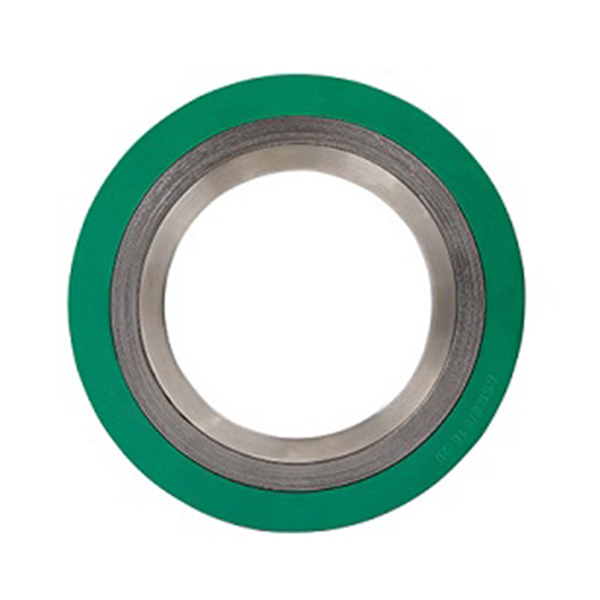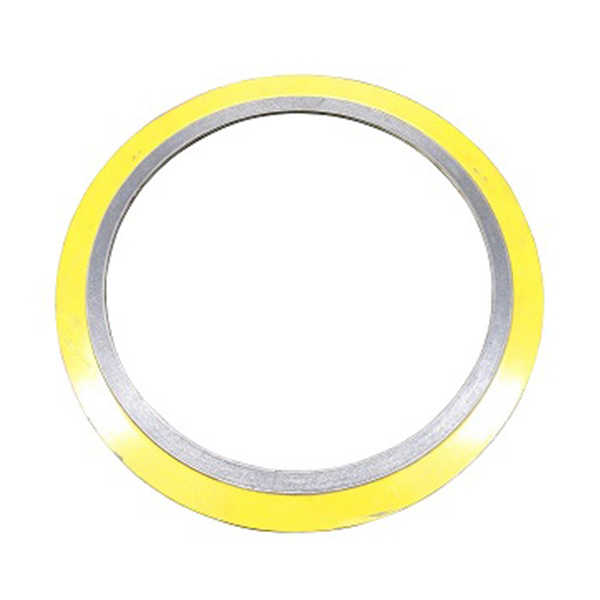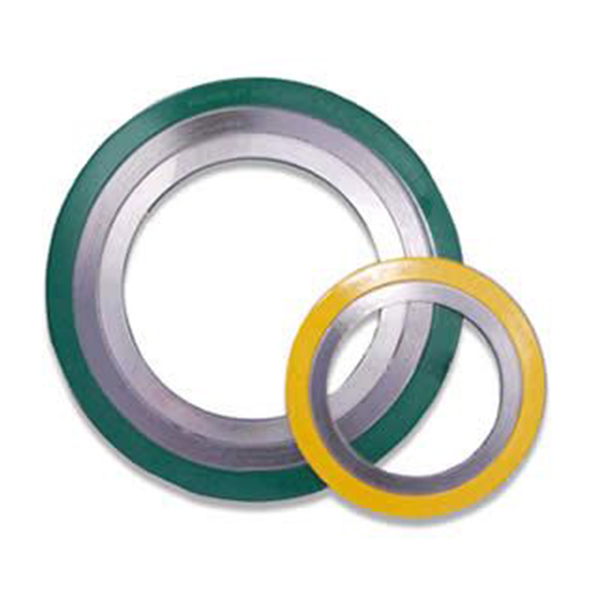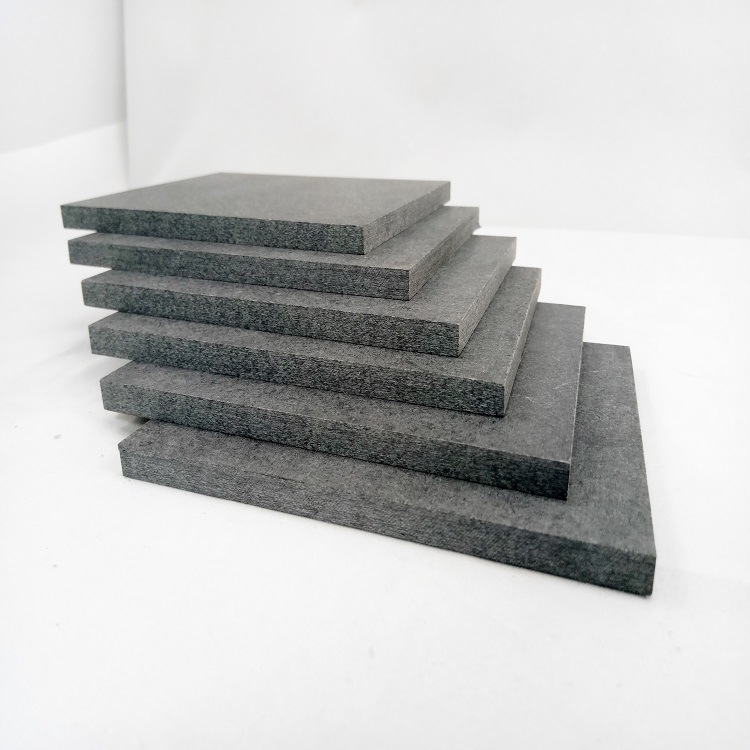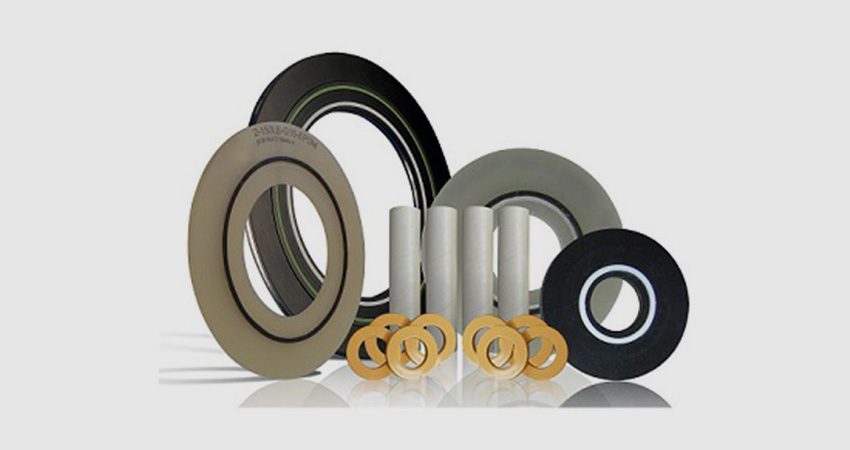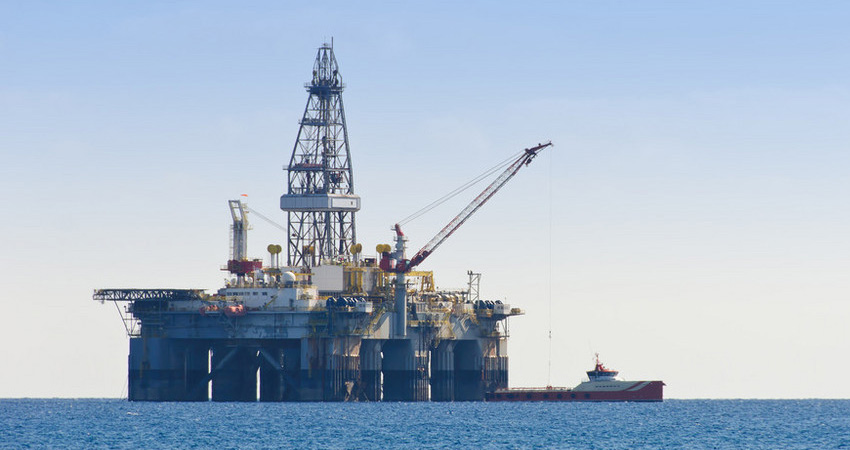Sealing Machines
What Are Sealing Machines?
Sealing machines are essential industrial equipment designed to securely close packages, bags, containers, or products to protect contents from environmental factors like moisture, air, dust, and tampering. These machines are widely used across various industries, including food and beverage, pharmaceuticals, cosmetics, electronics, and logistics. By ensuring airtight and hermetic seals, they help maintain product freshness, extend shelf life, and enhance safety during transportation and storage. Sealing machines come in multiple types, such as heat sealers, vacuum sealers, induction sealers, and continuous band sealers, each tailored to specific applications and materials. With advancements in automation and technology, modern sealing machines offer efficiency, reliability, and customization to meet diverse production needs.
Key Product Parameters of Sealing Machines
Understanding the technical specifications of sealing machines is crucial for selecting the right model for your business. Below are detailed parameters presented in lists and tables for clarity.
General Parameters
- Sealing Type: Heat sealing, vacuum sealing, induction sealing, or band sealing.
- Sealing Material Compatibility: Works with plastics (e.g., polyethylene, polypropylene), foil, laminates, and other flexible packaging materials.
- Sealing Width: Ranges from 5mm to 20mm, depending on the machine model.
- Sealing Speed: Typically between 10 to 60 seals per minute for automatic models.
- Power Supply: Standard voltages include 110V, 220V, or 240V, with options for different regions.
- Power Consumption: Varies from 500W to 2000W based on machine size and type.
- Dimensions: Compact models start at 300mm x 200mm x 150mm, while industrial units can be larger than 1000mm in length.
- Weight: Ranges from 5kg for portable units to over 100kg for heavy-duty machines.
- Control System: Digital or analog controls with features like temperature adjustment, timer settings, and pressure regulation.
- Safety Features: Includes overheating protection, emergency stop buttons, and safety guards.
Detailed Specifications Table
| Parameter | Range/Options | Description |
|---|---|---|
| Sealing Temperature | 100°C to 300°C | Adjustable based on material thickness and type; higher temperatures for thicker materials. |
| Sealing Pressure | 0.1 to 0.5 MPa | Controlled via pneumatic or mechanical systems to ensure consistent seal quality. |
| Cooling Time | 1 to 10 seconds | Time required for the seal to set and cool down after heating. |
| Machine Type | Manual, Semi-Automatic, Fully Automatic | Manual for low volume, semi-automatic for medium, and fully automatic for high-speed production lines. |
| Output Capacity | Up to 100 packages per minute | Depends on automation level and sealing speed. |
| Warranty | 1 to 3 years | Covers parts and labor; extended warranties available for industrial models. |
| Certifications | CE, UL, ISO 9001 | Ensures compliance with international safety and quality standards. |
Applications of Sealing Machines
Sealing machines are versatile and used in numerous sectors. In the food industry, they help preserve freshness by creating airtight seals on packages like snacks, meats, and dairy products. Pharmaceutical companies rely on them to ensure sterility and tamper-evidence for medicines and medical devices. In cosmetics, sealing machines protect products from contamination and leakage. Electronics manufacturers use them to shield components from moisture during shipping. Additionally, logistics and e-commerce businesses utilize sealing machines for secure packaging of goods, reducing damage and returns. The adaptability of these machines allows for customization to handle various package sizes, shapes, and materials, making them indispensable in modern manufacturing and packaging processes.
FAQs About Sealing Machines
What types of materials can be sealed with a sealing machine?
Sealing machines are compatible with a wide range of materials, including polyethylene (PE), polypropylene (PP), polyester (PET), foil, laminates, and some biodegradable films. The specific material depends on the sealing type; for example, heat sealers work well with thermoplastic materials, while induction sealers are ideal for containers with foil liners. Always check the machine's specifications to ensure compatibility with your packaging material.
How do I maintain a sealing machine to ensure longevity?
Regular maintenance is key to extending the life of a sealing machine. Clean the sealing jaws or bands daily to remove residue from materials. Inspect and replace worn parts like heating elements or seals as needed. Lubricate moving components according to the manufacturer's guidelines. Additionally, calibrate temperature and pressure settings periodically to maintain optimal performance. Keeping a maintenance log can help track servicing and prevent unexpected downtime.
Can sealing machines be integrated into existing production lines?
Yes, many sealing machines are designed for easy integration into existing production lines. Fully automatic models can be connected via conveyors or robotic systems, with programmable logic controllers (PLCs) for synchronization. It's important to consider factors like line speed, package size, and compatibility with other equipment. Consulting with the manufacturer or a packaging engineer can ensure seamless integration and maximize efficiency.
What safety features should I look for in a sealing machine?
Prioritize machines with safety features such as overheating protection to prevent damage and fires, emergency stop buttons for quick shutdown, and safety guards to shield operators from moving parts. Additionally, look for certifications like CE or UL, which indicate compliance with safety standards. Proper training for operators on safe usage is also essential to prevent accidents.
How do I choose the right sealing machine for my business?
Selecting the right sealing machine depends on several factors: your production volume (low, medium, or high), the type of packages (e.g., bags, bottles, pouches), material compatibility, and budget. Manual machines are cost-effective for small operations, while automatic ones suit high-volume needs. Consider future scalability and available space. Reading reviews, requesting demos, and consulting with experts can help make an informed decision.
Are there eco-friendly options for sealing machines?
Yes, eco-friendly sealing machines are available, focusing on energy efficiency and compatibility with sustainable materials like biodegradable or recyclable films. Some models feature reduced power consumption, solar power options, or designs that minimize material waste. Look for machines certified under environmental standards or those that support green packaging initiatives to align with sustainability goals.
- View as

Automatic Spiral Wound Gasket Winding Machine

Slitting Machine for SS Hoop

Metal Ring Bender

Ring Bending Machine

Polishing Machine For SWG Ring



